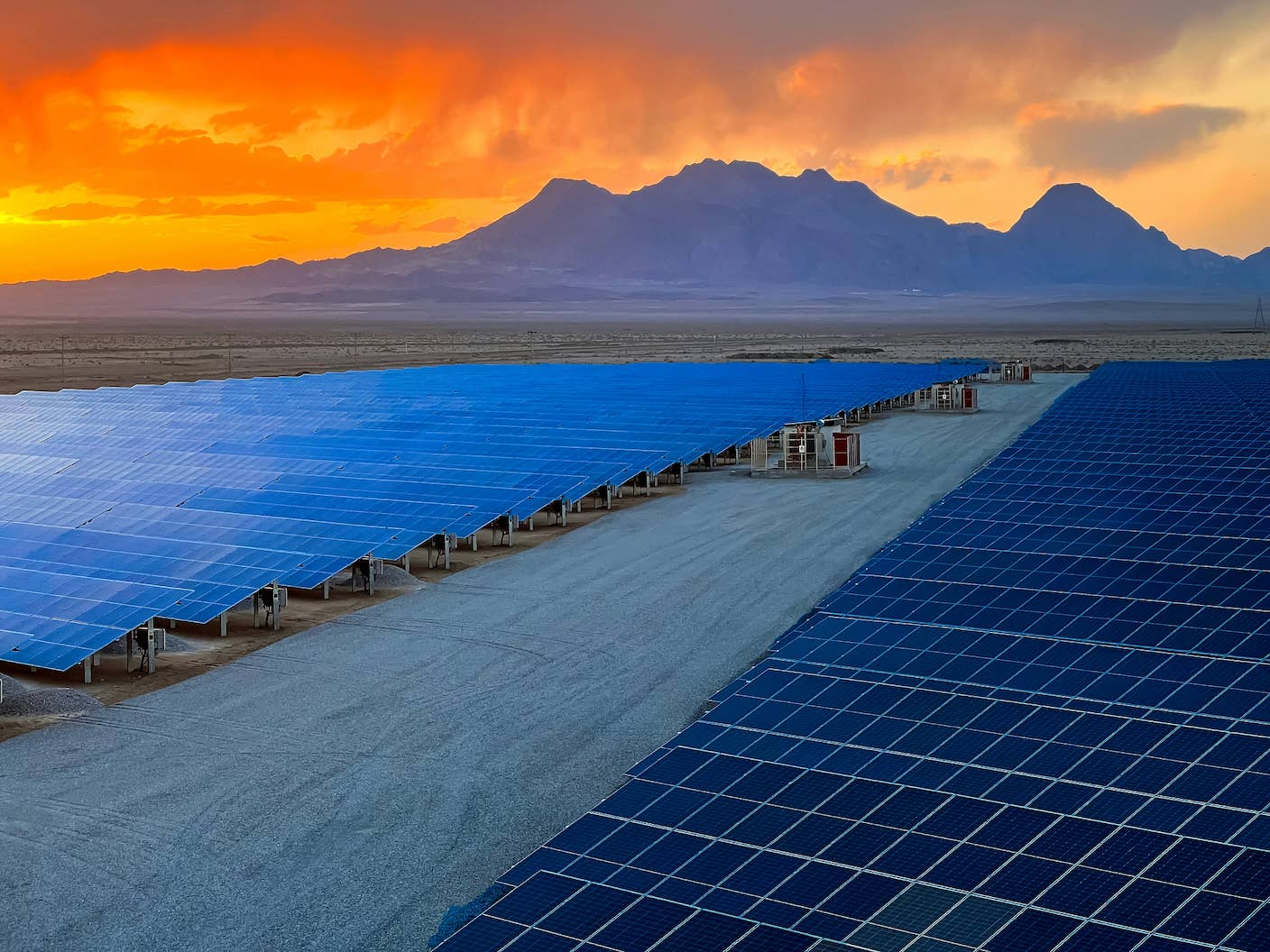6 Perspectives on How Tech Is Transforming the Economy

Share
In early 2015, Singularity Hub ran a series of articles on the Future of Work. Sveta McShane kicked the series off by asking (and answering) the following question:
"Have we already entered an era where exponentially growing technologies, among them AI and robotics, will greatly disrupt the way that the majority of people work and earn a living? We believe the answer is yes."
Since then, the technologies driving this restructuring of work have continued to mature, and the debate over their impact on our economy has likewise continued. The questions we explored during the series in 2015 remain top of mind today.
- How should skill training and education evolve to meet the new needs of the economy?
- What responsibility does the government play in ensuring the U.S. workforce is prepared for a new wave of jobs?
- How do more traditional businesses remain competitive with the quickening pace of technological progress?
- Do we need measures like universal basic income as job automation grows?
Below is a mix of articles that explore these complex questions from a range of angles. From 2013-2016, the conversation sounds surprisingly similar. Why do you think that is? We'd love to hear.
The Growing Precariat: Why We Need a Universal Basic Income
By Guy Standing
"We must realize that the growing structural inequality is socially unsustainable and increasingly immoral. We must change that if we are to produce a Good Society fit for the 21st century, in which all of us have a life of dignity, freedom and self-control. People with basic security are likely to have the confidence to defend and enhance freedom not only of themselves but their relations, friends and neighbors."
A Big Shift Is Coming, and It Could Uber-ize Entire Industries
By Jason Dorrier
"Who will rule the future economy—entrepreneurs or mega corporations? Will the economy fracture into smaller and smaller bits or centralize in a winner-take-all scenario?...John Hagel believes understanding the big shift is key to navigating an increasingly uncertain economy driven by digital technology, liberalization, and globalization. The question is less about whether the big shift is on and more about where it’s taking us. And according to Hagel, two competing visions vie for our economic future."
Automation Is Eating Jobs, But These Skills Will Always Be Valued In the Workplace
By Alison E. Berman
"Each generation, and even within generations, we see some jobs largely disappear, while other ones pop up. Machines have automated much of manufacturing, for example, and they’ll automate even more soon. But as manufacturing jobs decline, they’ve been replaced by other once unimaginable professions like bloggers, coders, dog walkers, or pro gamers. In a world where these labor cycles are accelerating, the question is: What skills do we teach the next generation so they can keep pace?"
Be Part of the Future
Sign up to receive top stories about groundbreaking technologies and visionary thinkers from SingularityHub.


What’s the Meaning of Life If Society Doesn’t Need You Any Longer?
By David J. Hill
"With the acceleration of emerging technologies, we can expect growing pains with regards to employment, but that doesn't mean there aren't viable paths to a better existence. In fact, after we ride out the turbulence, we may all find we finally get to have the best of both worlds, wherein we value our work and our basic needs are met."
Interview: Neil Jacobstein Discusses Future of Jobs, Universal Basic Income and the Ethical Dangers of AI
By Tim Borny
"Machine learning and robots are going to create a lot of wealth, but they will also replace a lot of human labor. We saw many types of jobs disappear in the Industrial Revolution, but we also saw jobs created that had never existed before. In this new wave of technological disruption, do you think the rate of job displacement is going to be equal to the rate of new job creation?"
Robots Will Do Everything You Do Now, Only Better — What Then?
By Jason Dorrier
"We don’t know precisely what the future holds, but we do know that most in the developed world—even the poorest—live longer, healthier lives than they did a century ago. And while the world will never be a perfect place, technology and productivity have freed more minds to ponder, play, and invent today than ever before."
Image Credit: Shutterstock
Alison tells the stories of purpose-driven leaders and is fascinated by various intersections of technology and society. When not keeping a finger on the pulse of all things Singularity University, you'll likely find Alison in the woods sipping coffee and reading philosophy (new book recommendations are welcome).
Related Articles

Sparks of Genius to Flashes of Idiocy: How to Solve AI’s ‘Jagged Intelligence’ Problem

US Solar Surged 35% in 2025, Overtaking Hydro for the First Time

More Space Junk Is Plummeting to Earth. Earthquake Sensors Can Track It by the Sonic Booms.
What we’re reading